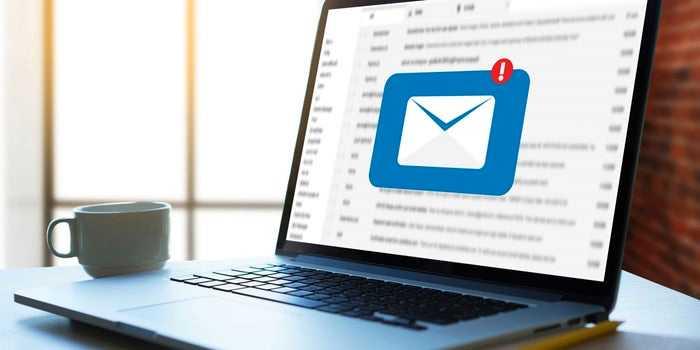Ignore your inbox when you wake up
Responding to emails as soon as you receive a notification gives others the impression that you’re at their beck and call. It also prevents you from reflecting on your own priorities for the day.
321
1.43K reads
CURATED FROM
IDEAS CURATED BY
The idea is part of this collection:
Learn more about timemanagement with this collection
How to make good decisions
How to manage work stress
How to manage email effectively
Related collections
Similar ideas to Ignore your inbox when you wake up
When and how you wake up
As soon as you wake up, go outside and get sunlight onto your eyes. (Don't stare directly into the sun.)
Your retinas get more sensitive as the day goes on, and they are less sensitive in the morning. You need to spend about 2 - 10 minutes outside, depending on how bright ...
Ignore Your Stuff
Consider your "stuff" as individual happenings that are best treated individually. Ignore all the others while you target to get started on at least one of those To-Do tasks.
The distinction between stuff and things is important. Once you’re treating each obligation as separate from the w...
Wake-up light
“I could never get out of bed as early as I do, especially in the winter, without this thing. I’ve had it for years and it’s been a game changer for my morning efficiency.”
- I’ve my own
Read & Learn
20x Faster
without
deepstash
with
deepstash
with
deepstash
Personalized microlearning
—
100+ Learning Journeys
—
Access to 200,000+ ideas
—
Access to the mobile app
—
Unlimited idea saving
—
—
Unlimited history
—
—
Unlimited listening to ideas
—
—
Downloading & offline access
—
—
Supercharge your mind with one idea per day
Enter your email and spend 1 minute every day to learn something new.
I agree to receive email updates


